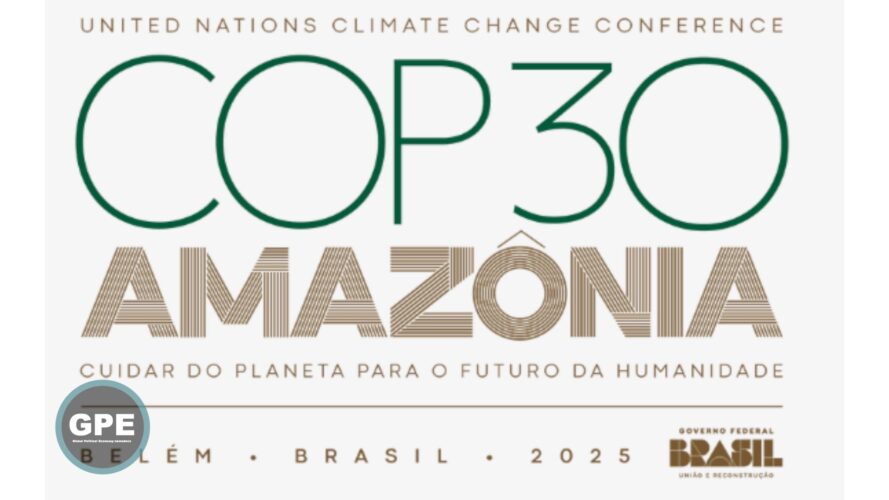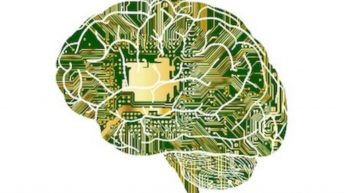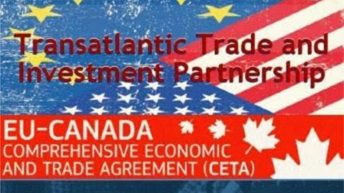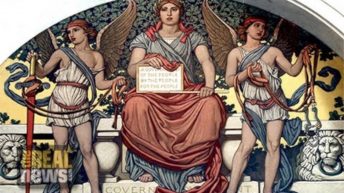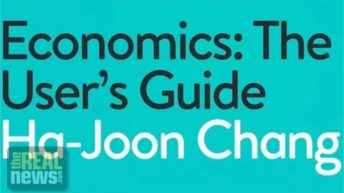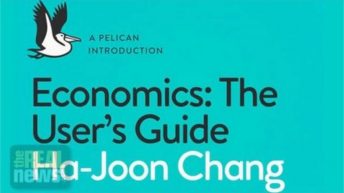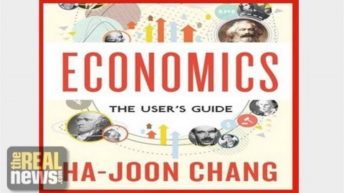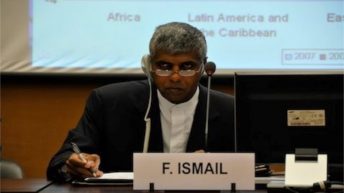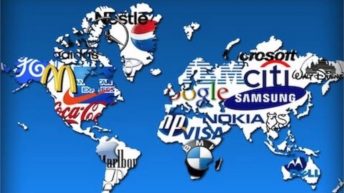A binding solution needs to be established in international law and that’s what the Ecuadorian and South African initiative basically is trying to do says Ambassador Espinosa commenting on a UNHRC resolution...
Published Stories
Multinationals from US, Europe, and Japan collaborated to link intellectual property rights to trade culminating in the creation of the World Trade Organization with its Agreement on Trade Related Aspects of...
The architects of this trade agreement saw great profit from controlling the building blocks of the biological and digital technologies of the future, says professor Peter Drahos discussing the corporate...
Countries like India and Brazil saw early on how excessive monopoly protection due to intellectual property rights would be an impediment to development, says professor Peter Drahos discussing negotiations...
The globalization of intellectual property rights will not improve trade, competition, or the livelihood of workers; it leads to underdevelopment, says professor Peter Drahos discussing outcomes of the 1995...
The TRIPS Agreement gave multinational corporate owners of intellectual property rights a global form of private taxing power says Peter Drahos explaining the 1995 World Trade Organization Agreement on Trade...
The story of the trade agreement is not just a story of power, it’s also a story of clever psychology says Professor Peter Drahos explaining the 1995 World Trade Organization Agreement on Trade-Related Aspects...
A global effort will be needed to keep knowledge in the public domain says Peter Drahos is explaining the devastating impact of the 1995 World Trade Organization Agreement on Trade-Related Aspects of...
Activities of investors and transnational corporations not only interfere in the regulatory space of States but attack the very essence of sovereignty and self-determination says UN Human Rights Council...
The 2008 financial crisis may be moving in a third wave that could devastate the Global South says Dr. Yilmaz Akyuz, Chief Economist of the intergovernmental organization, the South Centre March 28, 2016...
“You would not ask Citibank to design the bankruptcy law in the US. We know how it would design the law. It would have indentured servitude. Bankruptcy laws that come out of creditors are neither fair...
“Just two weeks ago, the Holy Father, Pope Francis, endorsed the bankruptcy process that is taking place here” says Eric LeCompte making the connection between global debt policy and poverty and inequality in...
Since the early 1980s Latin American debt crisis, we’ve advocated for clear, consistent, fair rules that allow countries with excess debt to work through that problem in a way that doesn’t damage their people...
“The Greek crisis has made it clear that individual states acting alone cannot negotiate reasonable conditions for the restructuring of their debt within the current political framework even though these debts...
The US, Canada, Germany Japan, Israel and UK voted against the resolution. Basically the political economy of it is that developed world governments feel they can ensure their banks somehow get repaid. If...
Twenty to thirty years of financialization means nations are much more at risk of financial and/or debt crises due to external debt obligations says Stephanie Blankenburg, Head of the Debt and Development...
There was a very clear political motivation for helping Germany to recover. But at the same time the economic logic of it also was very, very clear. The agreement is an exemplary template for why debt relief...
Some of the aspects of Classical economics that Neoclassical economists have abandoned – the class-based approach to economics and the emphasis on production – have been kept by the Marxist school...
Many countries have redistributed income upwardly in the last two, three decades, and the results have been falling investment and falling economic growth. So when there’s an explicit assumption about giving...
You cannot discuss economics without discussing politics; there are always ethical and political judgments you are making when you are doing this supposedly technical, scientific analysis says Ha-Joon Chang...
Alternative approaches to economics can help us understand the whole economy in ways we would miss if only looking through the Neoclassical lens says Ha-Joon Chang talking in this segment about how that...
The Keynesian, Schumpterian & Behavioralist Schools of Economics like the Marxian, Austrian & Institutionalist Schools and the Development Tradition are all alternative approaches to economics that...
Economics has become so impenetrable to non-specialists that it has become difficult for ordinary citizens to have a debate about economic issues, when economic policies are crucial in running our societies...
The countries of South America need their alternative to the World Bank to step forward; if not, they will be back in crisis, explains historian and sovereign debt expert Eric Toussaint December 11, 2014...
“My friends, development is basically a political issue. The point of departure, the key question, is who is in charge of a society – the elite or the majorities? Capital or human beings? The market or society...
Ecuadorian President Rafael Correa’s 2014 Prebisch Lecture ‘Ecuador: Development as a Political Process’ received a standing ovation. UNCTAD Chief Economist, Richard Kozul-Wright says he...
The new phenomenon is that world production is taking place increasingly not by one multinational company in a sector but by a lead firm or a few lead firms and thousands of subcontracted companies producing...
Very few firms from developing countries are really part of the leadership of these global value chains and dominate the world economy in the way that the lead firms in the North, in the U.S. in particular...
Developed and developing countries need to move away from the global value chains approach to trade to a more sustainable, very different view of production and job creation says South Africa’s Trade Minister...
This crisis is as serious to human life as the climate change crisis that we are all trying to address and fighting against says Martin Khor, executive director of South Centre, in discussing the issue of anti...


